Last week I visited Bumi Langit Farm, located in a hilly area in Imogiri old town, precisely at Jalan Mangunan KM. 3, Giriloyo village, Wukirsari, Imogiri, Bantul, Yogyakarta. This hilly area is the beginning of the Gunung Kidul hills line, an area known for its long dry season. Located on 350 m above sea level, Bumi Langit, which literally means ‘Earth Sky’, has an amazing open view of nature. From the farm you can see Yogyakarta’s low land, mountains, hills, and the south sea.
Bumi Langit makes Islamic interpretations of sustainability and permaculture, focusing on:
‘human’s responsibility as khalifah (custodian) to safe guard and manage the environment based on the Sunnatullah concept of sustainability.’ and articulating permaculture as ‘a behavioural concept in actualizing God’s blessing for all the universe.’
Bumi Langit is also known as the environmental pesantren, or religious school. Its director is Iskandar Waworunto, who comes from a Sulawesi‐Catholic and Dutch‐Jewish family, was part of the hippy movement, learnt biodynamic farming through Rudolf Steiner’s work, then studied permaculture in Australia and Bali. When he converted to Islam he committed himself and his family to bringing sustainable farming practices and environmental principles to the Muslims of Indonesia.
Just as during the Golden Age of Islam, Muslim scholars took up natural philosophy and began to make many advances in what would become modern Western science, so here a Muslim activist takes up science to help green Islam and address planetary ecological crises. This version of Islam would be impossible without globalization, climate change, the environmental movement, environmental sciences, and so forth. It is because of all these events and planetary flows that the Bumi Langit Institute exists.
Bauman, W., 2015. Religion, Science, and Globalization: Beyond Comparative Approaches. Zygon®, 50(2), pp.389-402.
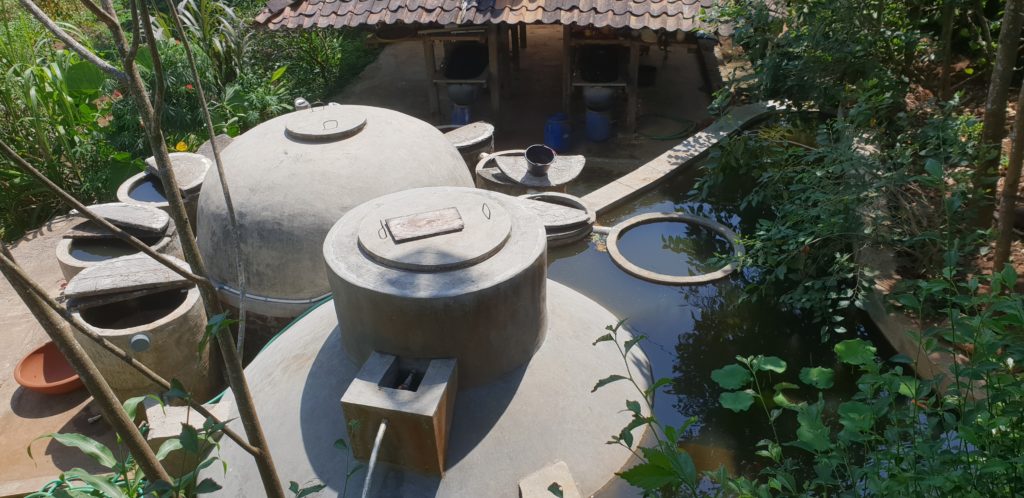
The energy (gas) for all cooking at Bumi Langit comes from solid human and animal waste which is processed into Bio Gas in a 9 cubic meter digester.
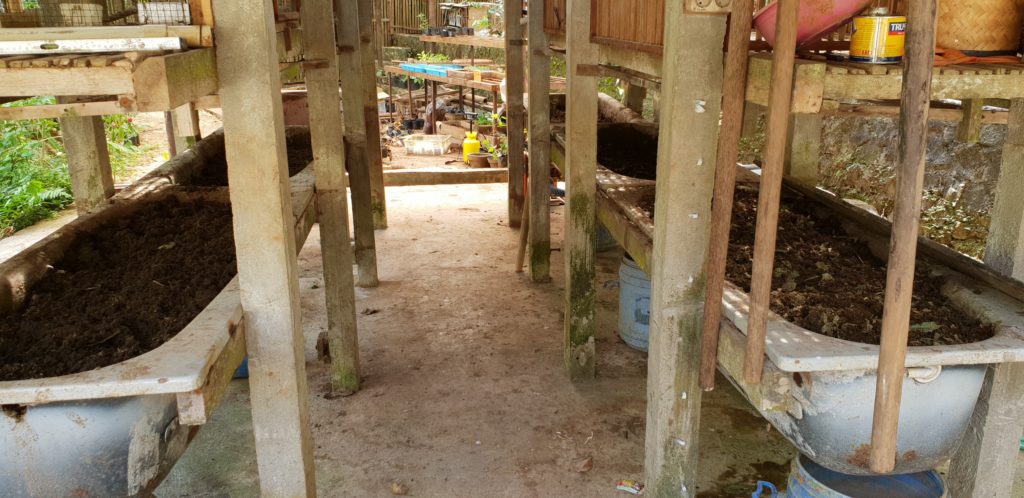
The solid waste sludge from the digester is used to feed the worms, while the liquid waste helps process the domestic water waste.
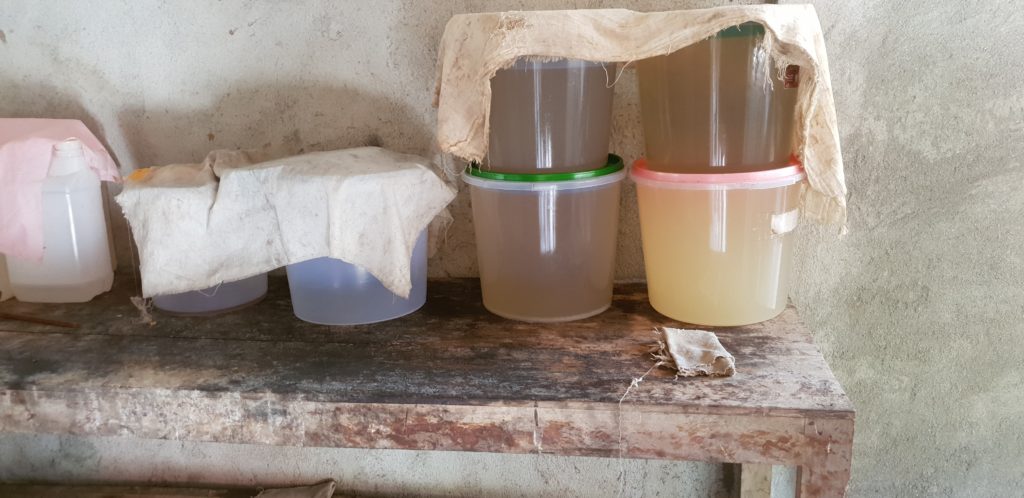
Coconut Oil for cooking.
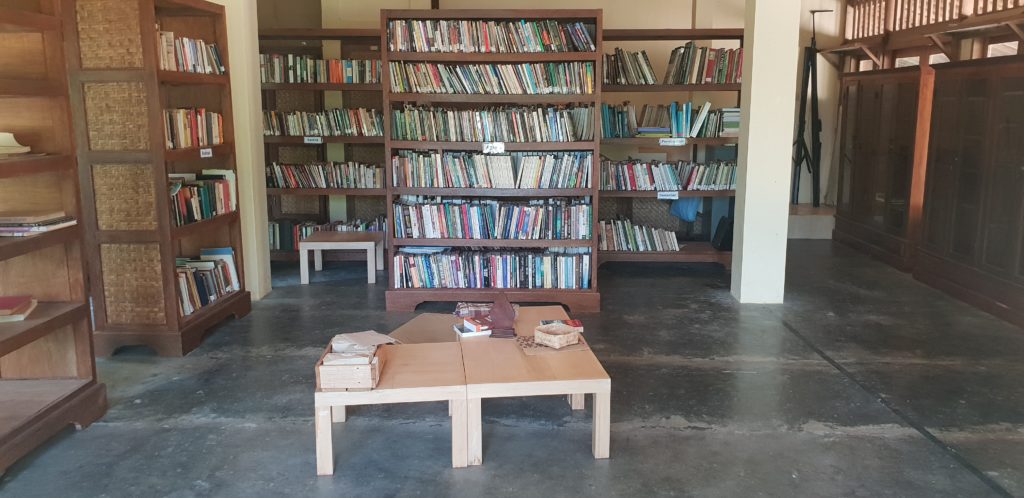
The library.
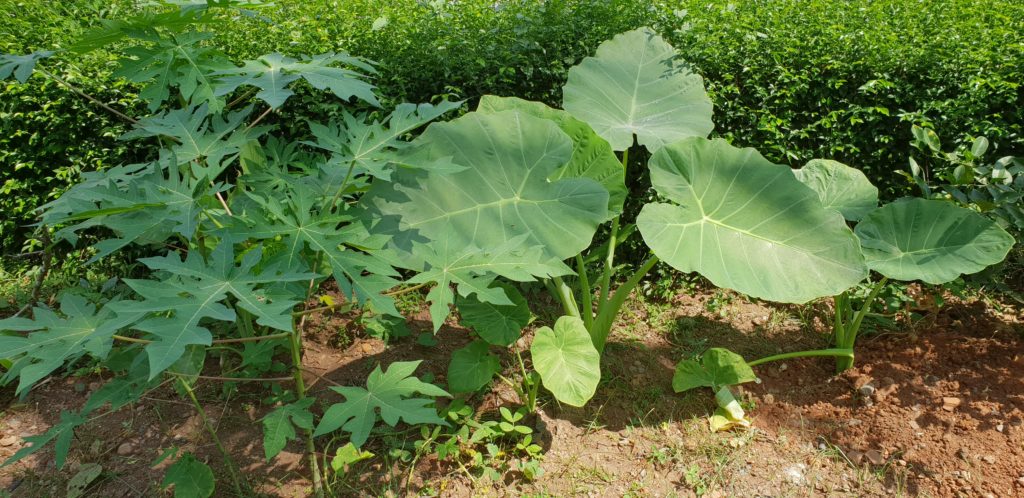
Papaya and taro.
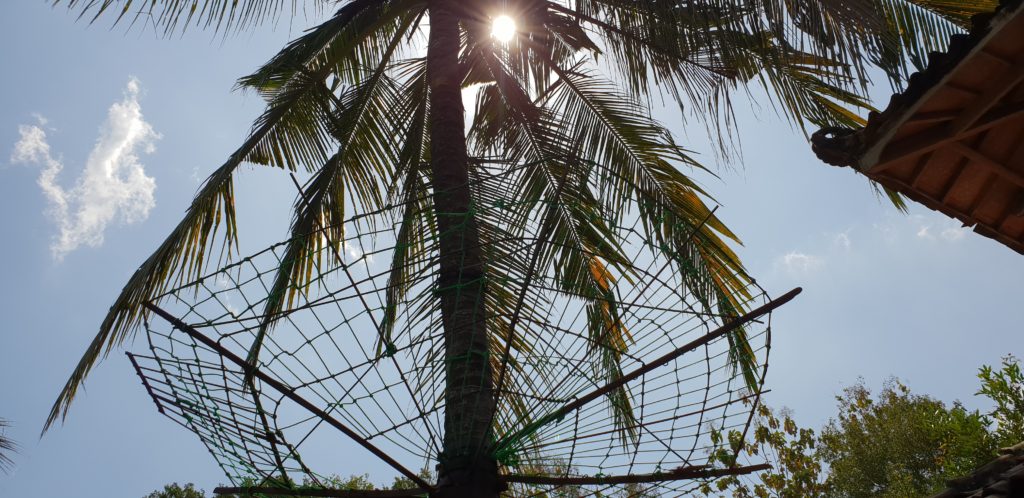
A coconut net so they don’t fall on the library roof.
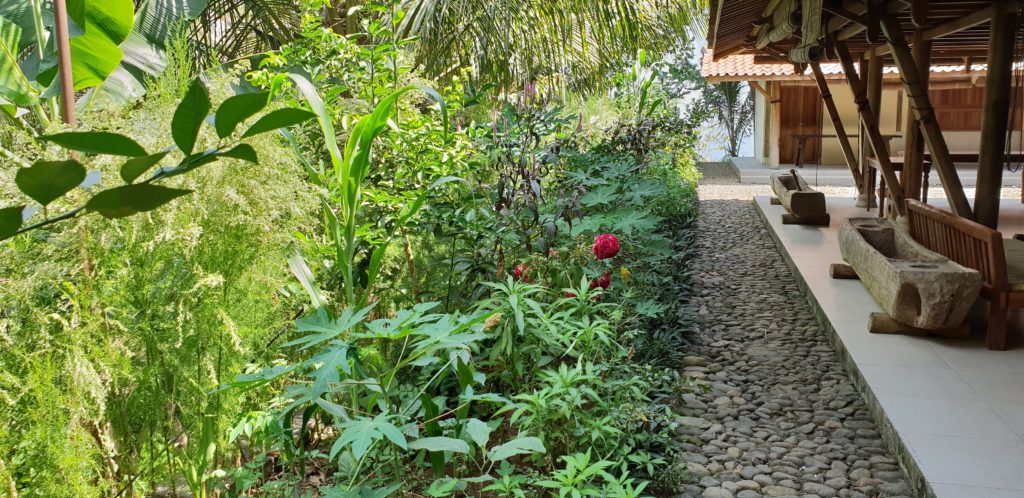
Beautiful paths through the farm and lots of great learning spaces.
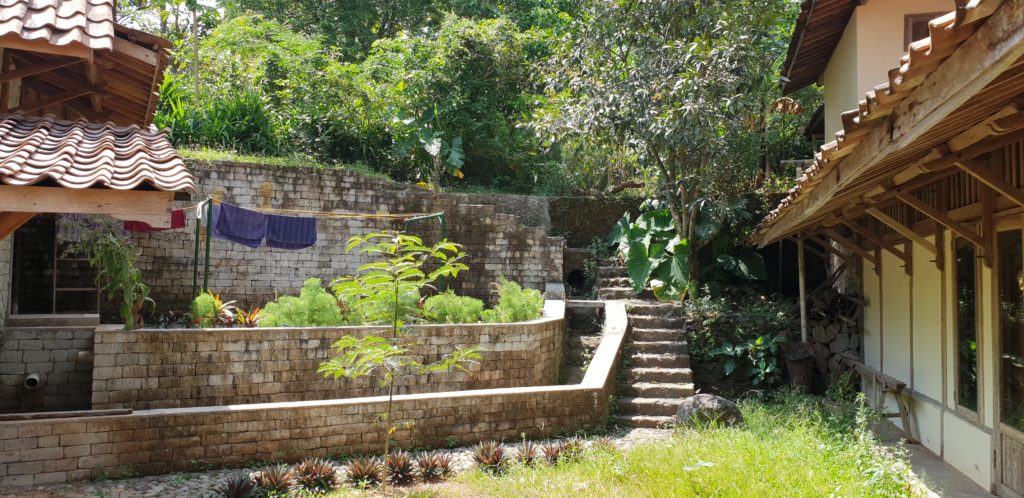
Terraced farming, no waste and multifunctional spaces.
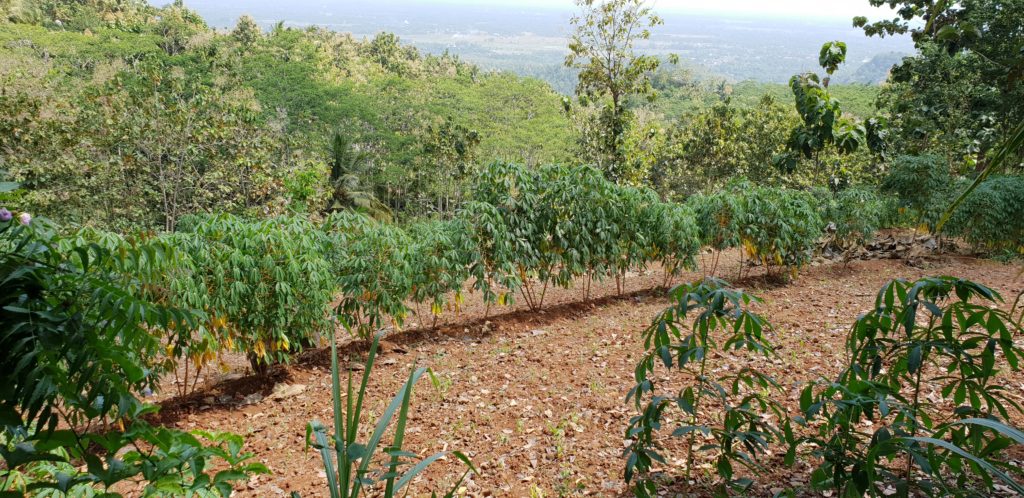
Cassava.
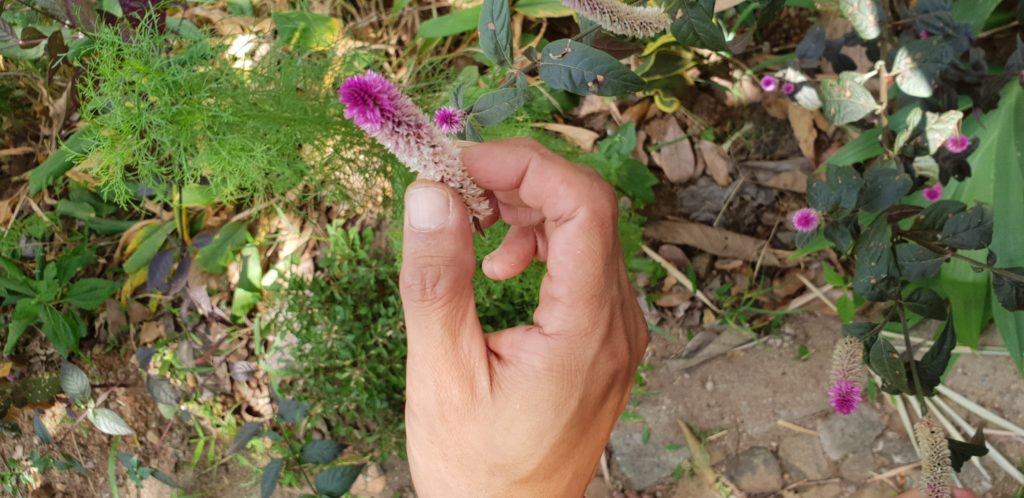

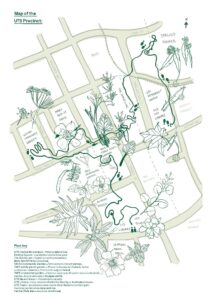
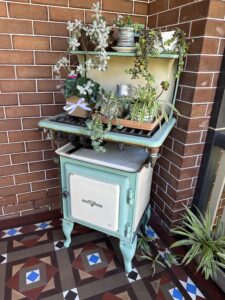
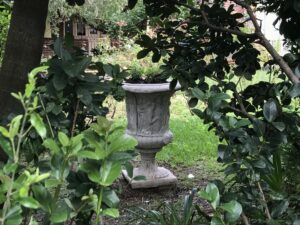
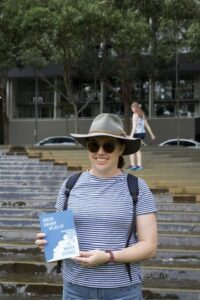
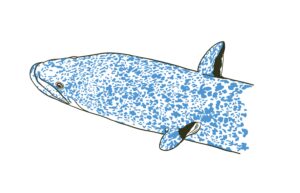
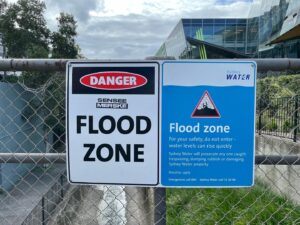
0 Comments